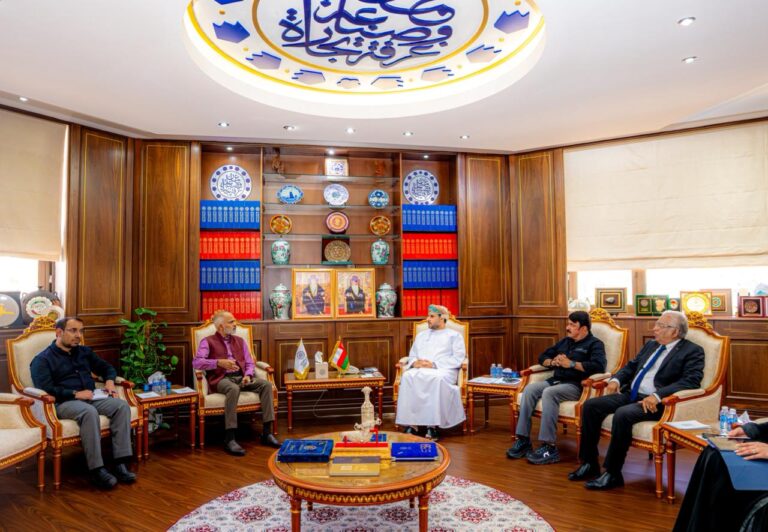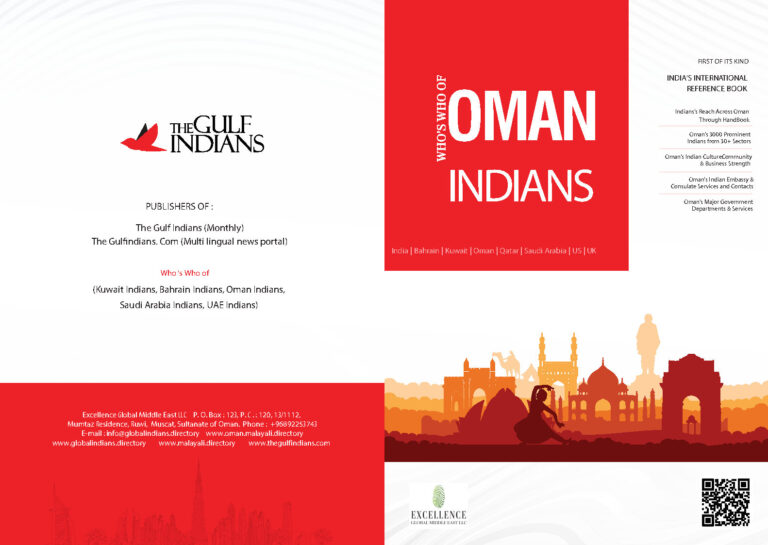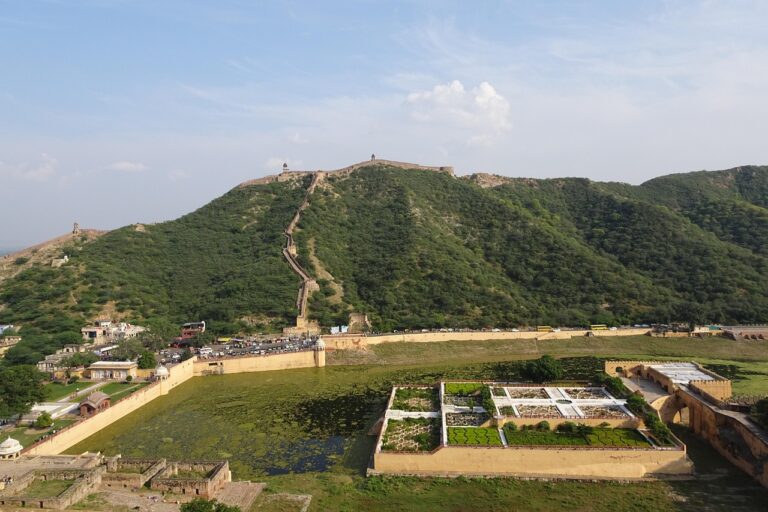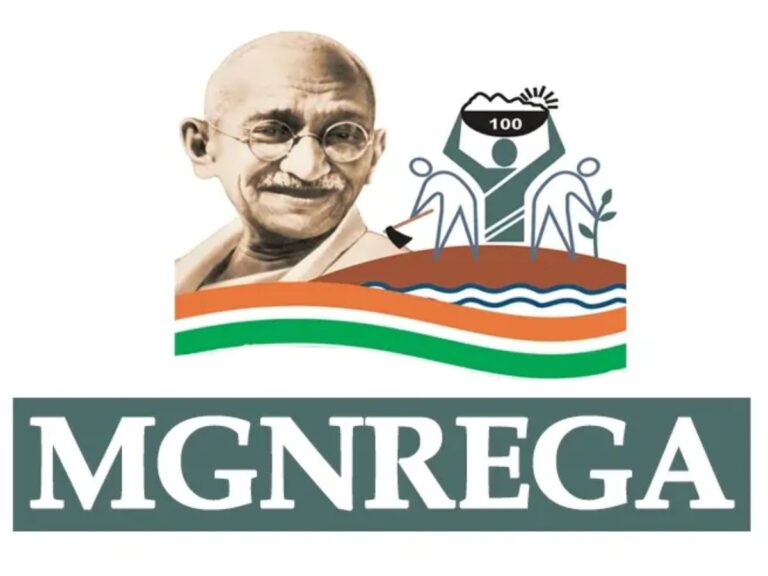our Correspondent
The Ministry of Economy has revealed that the UAE tourism sector performed outstandingly in 2020 despite the COVID-19 pandemic. It noted that the sector was among the least affected and fastest to recover around the world.
The UAE recorded a 54.7 percent hotel occupancy rate in 2020 – the second highest in the world after China. The global rate had dropped to 37 percent because of the pandemic, and hotels in the Middle East region recorded only 43 percent occupancy. There was a significant decline in tourist activity, and it fell by 74 percent around the world and 76 percent in the region.
Hospitality establishments welcomed 14.8 million guests in 2020, who spent 54.2 million nights in 1,089 different establishments that provided approximately 180,000 rooms, according to official statistics issued by the World Tourism Organisation and the Emirates Tourism Council chaired by Dr. Ahmad Belhoul Al Falasi, Minister of State for Entrepreneurship and SMEs. This brings the average stay to 3.7 nights per guest, with returns of AED318.5 per room. Domestic tourism contributed AED41 billion to the national economy last year and it is expected to double in the upcoming few years.
“Despite the tremendous challenges it brought onto the industry, the pandemic also created new opportunities for domestic tourism, with a surge in demand recorded over the past year, especially during the holidays and vacation season, and some establishments even reporting full occupancy. This reflects the high quality of the services the sector provides, which rank among the best in the world,” Al Falasi explained.
“The UAE Strategy for Domestic Tourism, the Unified Tourism Identity Strategy, and ‘The Most Beautiful Winter in the World’ campaign, all launched by His Highness Sheikh Mohammed bin Rashid Al Maktoum, Vice President and Prime Minister of the UAE, Ruler of Dubai, were key to achieving these positive results locally, at a time when the global tourism sector still reels from the impact of the COVID-19 pandemic, and with tight restrictions on movement still in place around the world,” Al Falasi asserted.
“The tourism sector’s accomplishments over the past year are a result of the notable efforts made by all relevant parties to promote the sector at the federal and local levels,” he added. “This is in addition to the proactive measures the UAE implemented to deal with the outbreak and minimise its impact on public health. UAE authorities actively encouraged widespread testing for infections, leading the world in the number of tests performed as a percentage of the total population. The preventive measures established a sense of reassurance and helped create a safe environment to welcome tourists.”
According to global statistics on tourism, China ranked first in the world in occupancy rates at hotel establishments with a rate of 58 percent, followed by the UAE in second place with 54.7 percent, and the United States in third with 37 percent. The top three were followed by Mexico (32 percent), Turkey (30 percent), Thailand (27 percent), the United Kingdom (26 percent), Spain (23 percent), Italy (16 percent), and Germany (12 percent).
The UAE suffered the least in terms of tourist traffic in 2020, where activity fell by just 45.2 percent – the lowest drop in the world. The UAE was followed by Mexico, where tourist traffic decreased by 52 per cent, then Italy (63 per cent), Germany (69 per cent), Turkey (73 per cent), Saudi Arabia (76 per cent), the USA (77 per cent), Spain (78 per cent), the UK (82 per cent), and Thailand (83 per cent).














